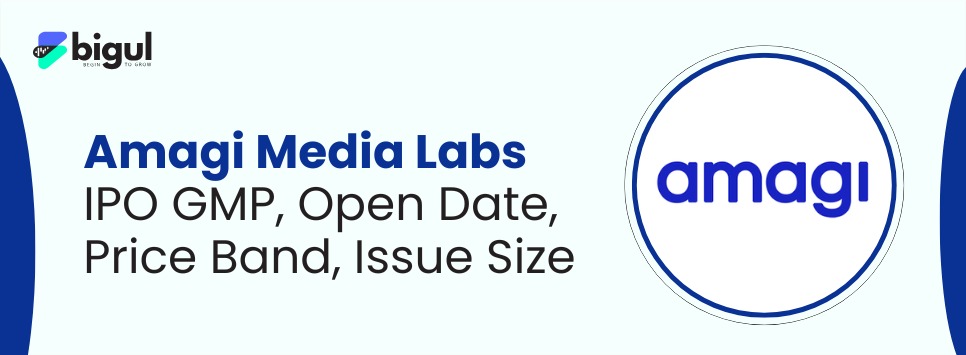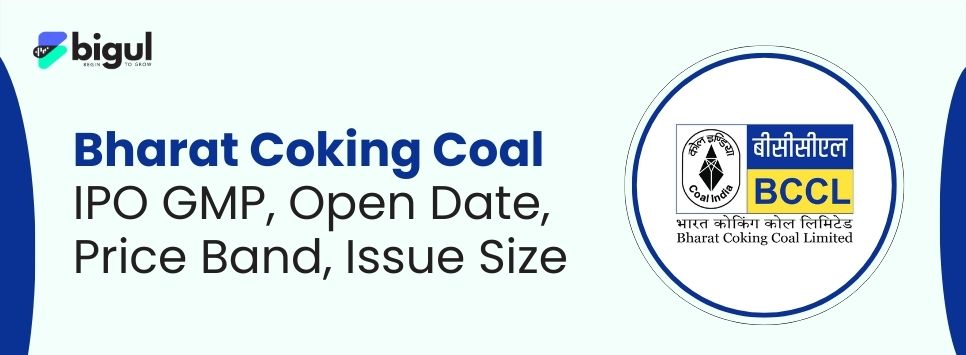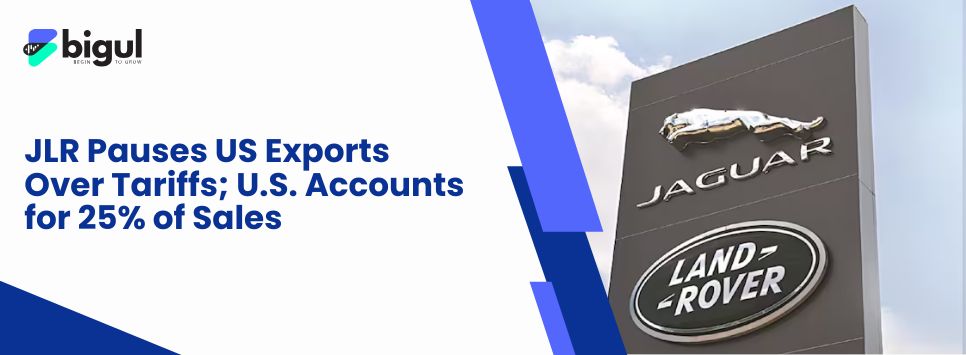Jaguar Land Rover, the British luxury car maker owned by Tata Motors, has slammed the brakes on vehicle exports to the USA. The reason? A freshly imposed 25% tariff on imported vehicles was imposed by the United States government. For the JLR, this is not just a bump in the road, and the U.S. markets account for 25% of its global sales.
The tariff can be a potential game-changer for the company's bottom line and the livelihoods tied to its success.
A pause in the announcement by JLR could affect the relationships between the traders across America. It's the classic story of international trade, where corporations and national interests get caught in the crossfire.
Let’s understand the numbers and what’s going on behind.
Also Read | US Tariff Concerns Spark a Major Sell-Off in Indian Markets
A Mixed Bag of Numbers
Despite the current tariff storm, JLR's recent performance offers a glimmer of hope for investors. In the fourth quarter of the fiscal year 2025 (Q4 FY25), Tata Motors Group reported global wholesale sales of 366,177 vehicles. This was down 33% from Q4 FY24. When you look at the numbers, commercial vehicles were recorded at 107,765 units (down by 3%), and passenger vehicles clocked in at 146,999 units (down by 6%).
However, here's where JLR is distinct in the global wholesale market: its sales increased by 1% to 111.413 vehicles. Jaguar added 7,070 units, and Land Rover dominated with 104,343 units. This is a minor win amid an overall slump; however, considering that the U.S. has a quarter of the market, that shiny silver lining will soon fade away.
The Tariff Trigger
So, what sparked this export halt? The U.S., under a renewed “America First” push, rolled out the 25% tariff on April 3, 2025, to bolster its own carmakers and trim its trade deficit. For JLR, which ships every U.S.-bound vehicle from overseas, the math doesn’t add up anymore. Imagine a Land Rover Defender rolling off the line in Solihull, England—slap on a 25% tariff, and its price tag balloons, threatening to scare off buyers in a market already spoiled for choice with Teslas and Fords.
JLR isn’t mincing words. “The USA is an important market for JLR’s luxury brands,” the company said in a statement. “We’re pausing shipments in April to work with our partners and determine our next steps.” Behind those words are real people—factory workers in the UK, dealership staff in the U.S., and families banking on those paychecks.
The stakes are very high. It's a big deal. U.S. isn't just a sales number; it's the place where JLR's dreamy allure becomes a reality for thousands of customers and employees. Within the UK, JLR is a manufacturing giant that supports more than 4000 direct jobs and many other jobs throughout the supply chain.
The financial consequences can be devastating. Analysts estimate a possible decrease of 26% of U.S. sales for FY26 and dragging JLR's overall volume down by 14 percent. Because JLR accounts for a third of Tata Motors' revenue, it could be a stinging blow to both workers and investors.
What's next for JLR?
JLR isn't sitting around at a standstill. The pause in exports gives JLR time to think about options. They could either absorb the cost of tariffs and smaller margins, raise prices and hope that buyers will bite or imagine a big dream and construct a U.S. plant--a move that could be years long and cost billions. At present, they're looking at other markets such as Europe and Asia to take up the gaps. "We're strong," a JLR insider could say. "We hit net debt zero in FY25--tariffs won't break us."
Beyond the Showroom
JLR isn't sitting around at a standstill. The pause in exports gives JLR time to think about options. They could either absorb the cost of tariffs and smaller margins, raise prices and hope that buyers will bite or imagine a big dream and construct a U.S. plant--a move that could be years long and cost billions. At present, they're looking at other markets such as Europe and Asia to take up the gaps. "We're strong," a JLR insider could say. "We hit net debt zero in FY25--tariffs won't break us."
Also Read | Indian Stock Markets Rallied Despite Trump’s Reciprocal Tariff Threat







.jpg)





.jpg)
